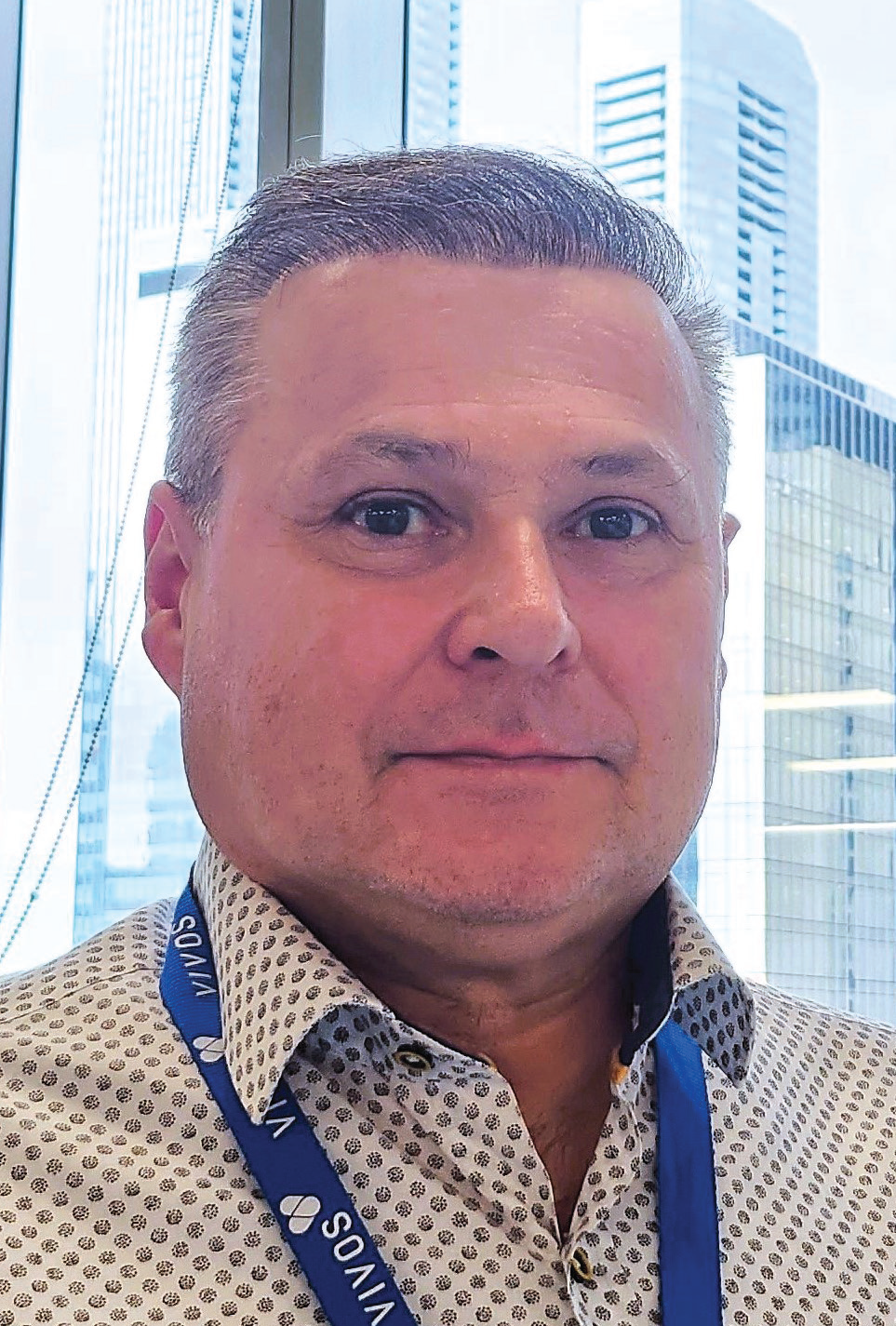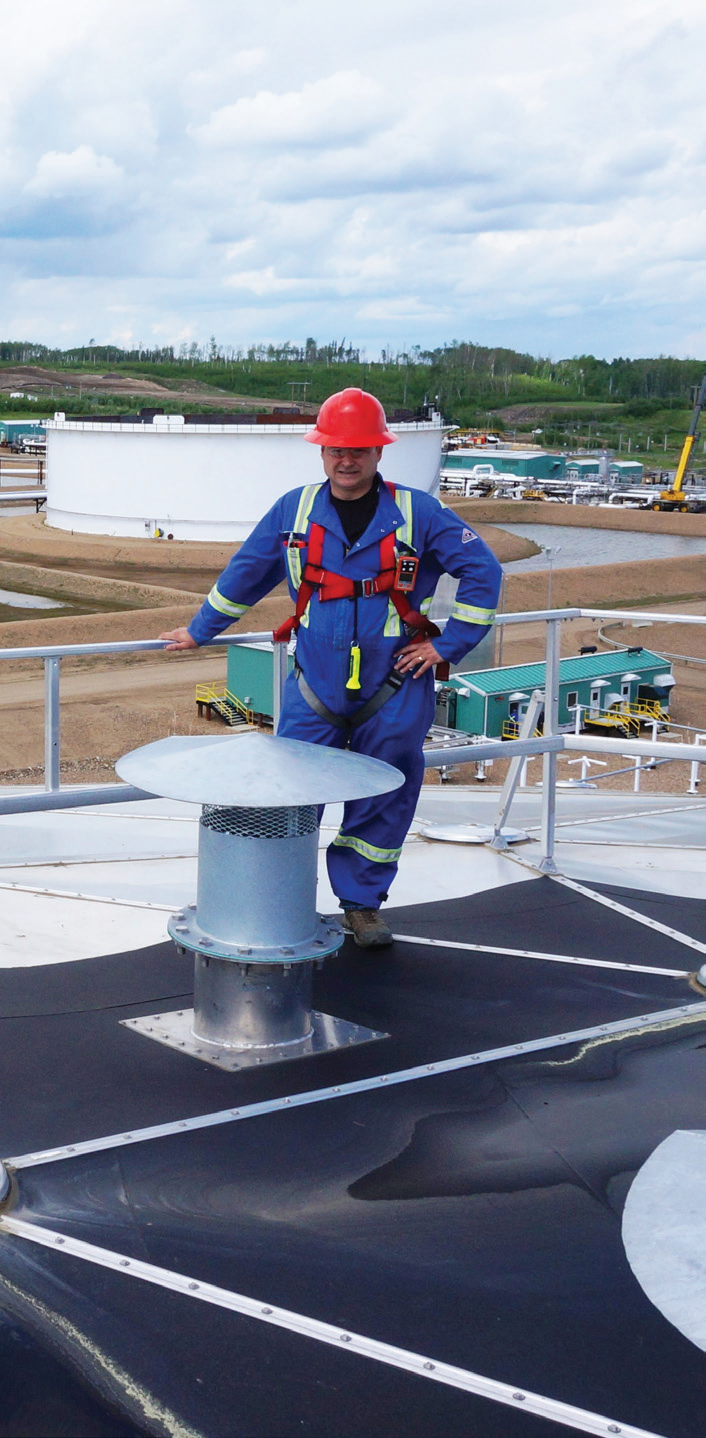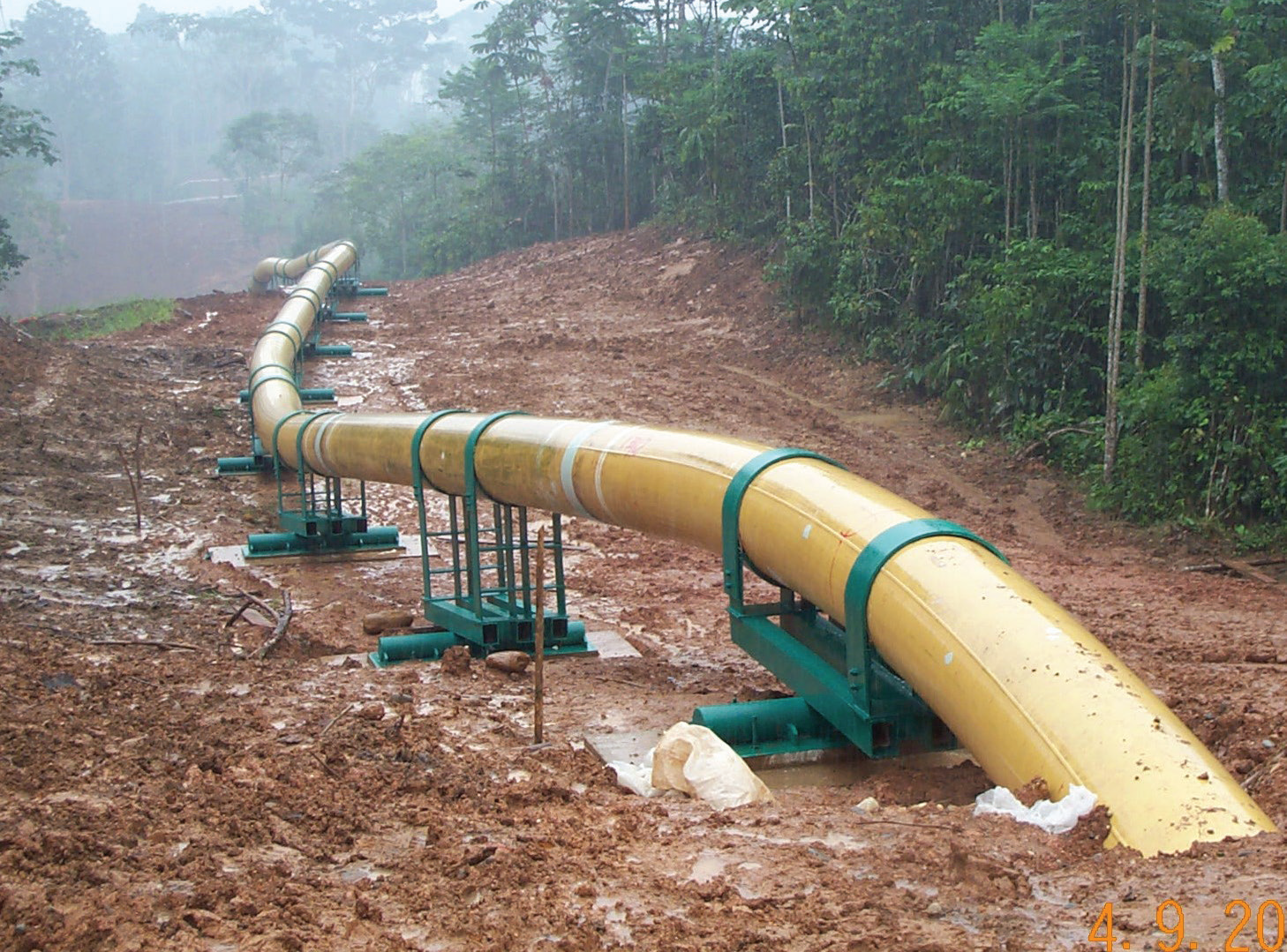Developing and maintaining technical standards up-to-date and in compliance with the applicable regulations is a crucial part of the management system of any energy industry operator. In support of the technical standards management, Subject Matter Experts apply their technical expertise in a specific area of knowledge to ensure that each asset of a pipeline system operates safely and reliably.
Valve World Americas had the pleasure of speaking with Dan Fufezan, Engineering Specialist at Enbridge, about his dedication to the management of standards, how to deal with deviations, and what it is like to work as a subject matter expert in piping.
By Charlie Evans
Fufezan began his career in the oil & gas industry more than twenty years ago. “I came to Canada from Romania, where I worked in gas distribution operations. I attended a one-year engineers integration program to learn more of the regulatory aspects of the work and get a refresher on the language,” he relayed. From there, Fufezan moved on to an engineering position at Kinder Morgan, where he worked for six years in liquids pipeline operations. He then began his current position at Enbridge as an Engineering Specialist for the Operations Engineering Department.
“I am a technical subject matter expert (SME) in piping and pipelines. One of the aspects of a technical SME’s work consists of managing and overseeing technical standards and specifications in their scope of expertise,” explained Fufezan. “To ensure that pipeline assets are designed and constructed for safe and reliable operations and in compliance with the latest regulations, technical standards, and specifications are cyclically reviewed and amended or revised. Another important SME responsibility is technical support provided to Operations. Technical SMEs respond to calls from various operating regions regarding issues of assets in their area of expertise. They evaluate those issues and provide technical solutions. The technical SME role also assumes the responsibility of reviewing of assets design and construction and equipment specification.’’

“In every company, there are different SMEs dedicated to overseeing different assets, such as valves, pumps, piping, and more,” he continued. “As the SME in piping, I review the suitability of the design from a piping perspective.
Dealing with Design Reviews
“In every company, there are different SMEs dedicated to overseeing different assets, such as valves, pumps, piping, and more,” he continued. “As the SME in piping, I review the suitability of the design from a piping perspective.” The design review process is consistent with Enbridge’s values to ensure the safety and high performance of its pipeline systems.
The design of new assets is typically done by a consultant third party. “While we do not do the design aspects ourselves, we do review the designs. It is a very important step in the process,” he explained. “Every step in the design process is sent to the SMEs for review. Each of us brings their bucket of expertise to the project, ensuring the constructability and operability of the new assets. The design review also consists of verifying compliance with internal standards and specifications. While safety and reliability are paramount in per- forming the design review, the Operations Engineering SME also provides a holistic perspective encompassing economics, compliance, construction, operations, and maintenance of the new assets.”
A Typical Day
A typical working day involves routine engineering work, providing technical support to operations, and responding to inquiries or requests for interpretations of standards. “I receive calls from different regions in operations about issues or opportunities for improvement pertaining to my specialties: piping, traps, bolted flange assemblies, and hydro testing,” stated Fufezan.
“The support I give varies considerably depending on which process needs attention. Hydro testing, for example, is a critical activity needing increased scrutiny to ensure not only there are not any piping flaws or issues but also that the piping is appropriately qualified for the intended pressure,” he explained.
“In addition to operations support, technical SMEs routinely spend time on standards and design review, delivery of technical presentations, participation in multidiscipline and cross-department initiatives, mentoring junior staff or supporting incident investigations.”
Standards Management
“Some regulators ask operators to review a standard at specific time intervals while others leave it to the operating company to decide the frequency,” said Fufezan when asked about the constancy of specification reviews. “It depends on the area of application. The goal of many operators is to always ensure a safety factor above what the minimum the regulator is asking.”
When pipeline systems operate across the border in both the United States and Canada, its operation is overseen by multiple regulatory bodies. For example, in Canada, the company is regulated federally by the Canada Energy Regulator (CER) and provincially by the Alberta Energy Regulator or other provincial government agencies. In the U.S., it is regulated by the states or federally through the Department of Transportation (DOT).

In most cases, a standard review cycle is established, which indicates how often the specification must be reviewed. “During the review cycle, the SME evaluates the standard regarding the latest regulatory changes and industry innovative trends. They then collect all deviations or change requests and send the revised specification to the stakeholders for review.”
Outside of the review cycle, the SME determines if there are critical changes to be incorporated in the specification and prepares a plan to be adopted immediately. “At that point, the process or asset in question is made a priority, and steps are taken to address the change,” said Fufezan.

“Deviations from standards and specifications are a natural occurrence and a management of change process is employed to address them,” relayed Fufezan. “Due to unforeseen circumstances, operators or contractors sometimes must deviate from the letter of the standard or specifications. When this occurs, they will document that change and put in a formal request through the management of the change process. From there, Technical SME will assess the deviations to see if those changes are acceptable or not.”
“Code committees include end users, consultants, manufacturers, regulators, and more. I think it is crucial to have all these individuals sitting at the same table, dedicating their time and expertise to reaching a common language towards the goal of serving the public interest.”
Current Projects and Committees
In addition to his day-to-day tasks, a Technical SME can be involved with several ongoing company-wide initiatives or industry committees or venues. “For example, I was asked to support the design of a Carbon Capture, Usage, and Storage (CCUS) project. In this role, I was part of a team of SMEs reviewing the future specifications for the CCUS hub. I also have the privilege to be a member of the CSA Z662 code design technical subcommittee. I am particularly fond of these commitments as they allow me to bring my expertise as well as learn from colleagues in that community pursuing the common goal of continuous improvement of the industry code. It is two-way knowledge sharing.”
Fufezan stressed the importance of SMEs’ active participation in industry committees. “Code committees include end users, consultants, manufacturers, regulators, and more. I think it is crucial to have all these individuals sitting at the same table, dedicating their time and expertise to reaching a common language towards the goal of serving the public interest.”

Final Thoughts
When asked about how to gain the knowledge necessary to oversee standards and become involved in important committees, Fufezan suggested, “Get a mentor you can look up to and learn from. Look for someone in a good position that you aspire to be and try to meet with them face to face. Do not be afraid to ask for what you want or need. Let yourself get support from others.”
“Learning from others, especially those who have been around the industry for a while, is crucial. Especially as there has been a large amount of people leaving the industry for retirement, it is critical to share that knowledge with the younger generation.”
“The energy industry is not going anywhere,” he concluded. “It will be around as long as people require energy, and an SME’s expertise will continue to be valuable for energy companies and for the public.”


